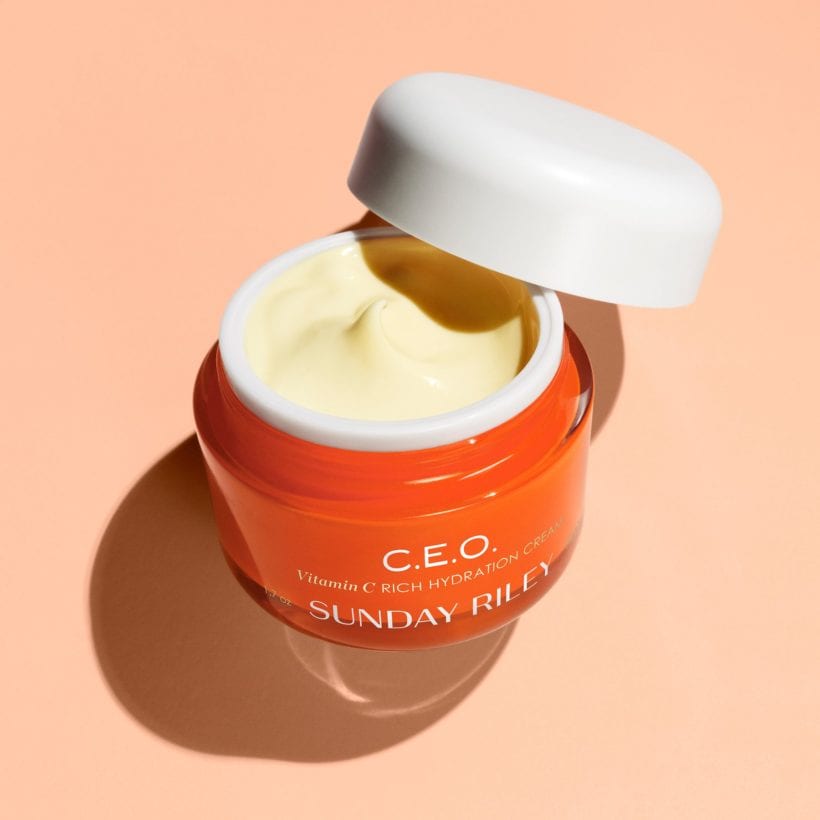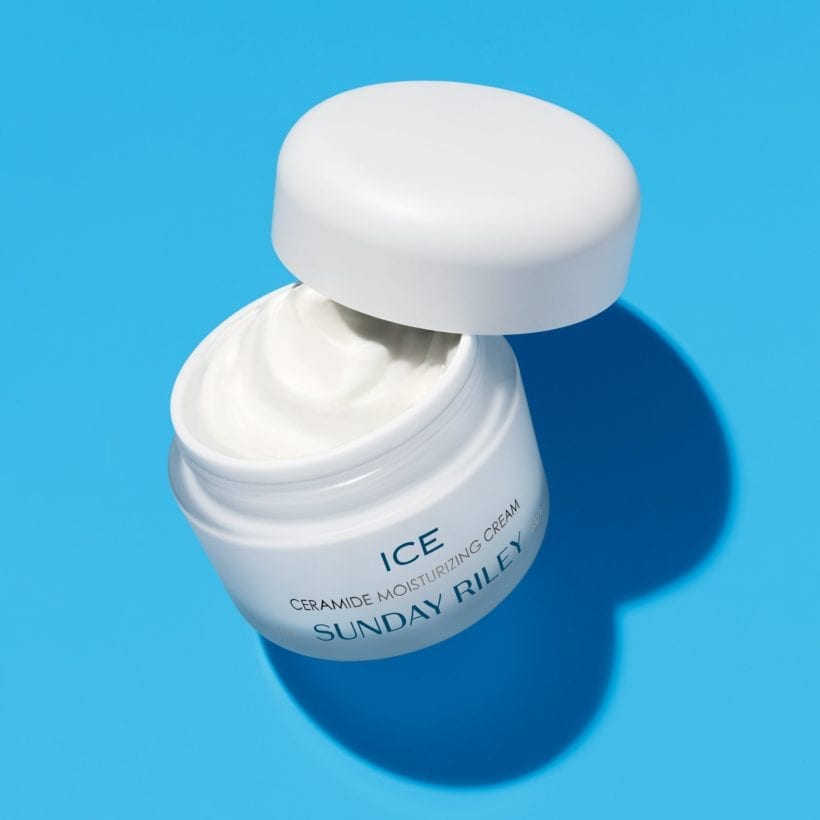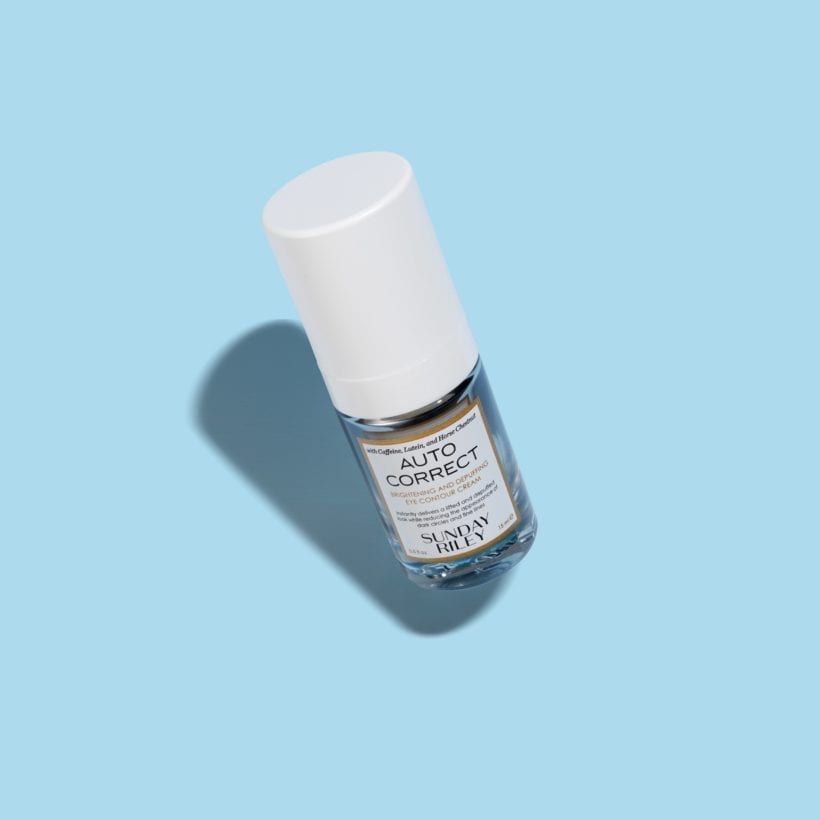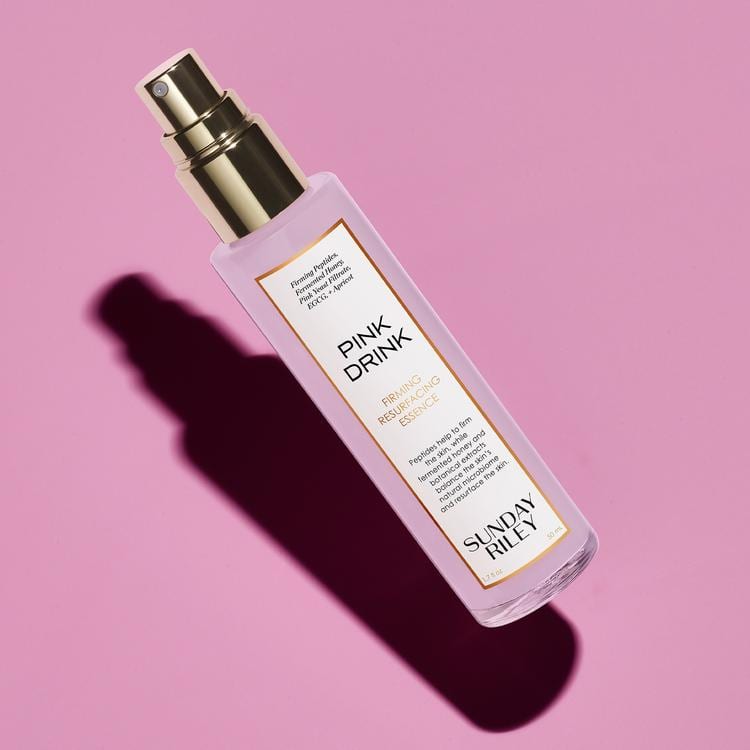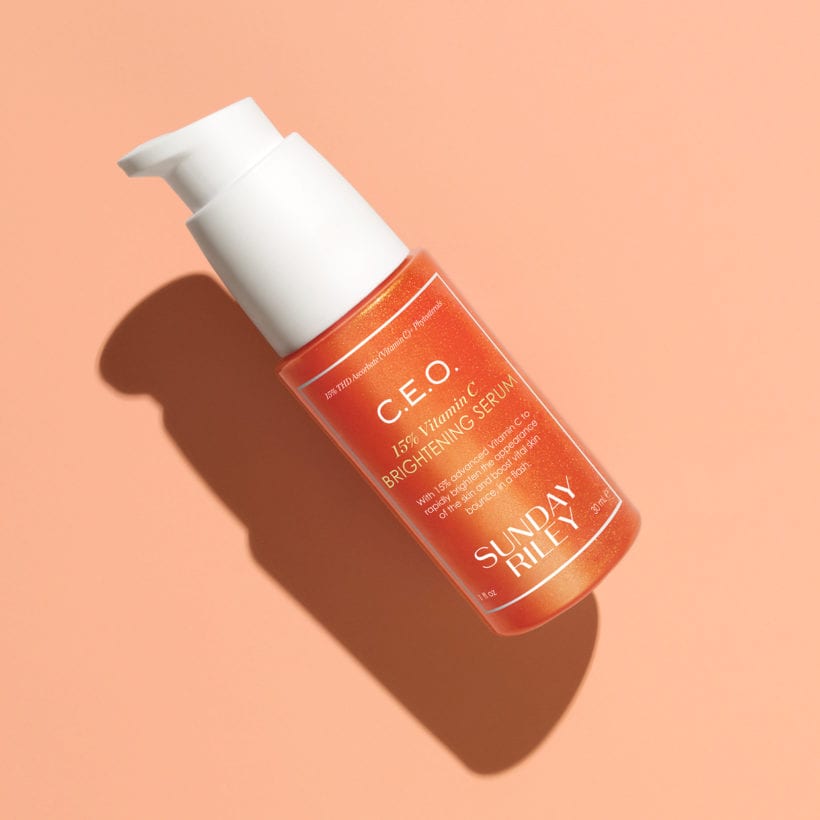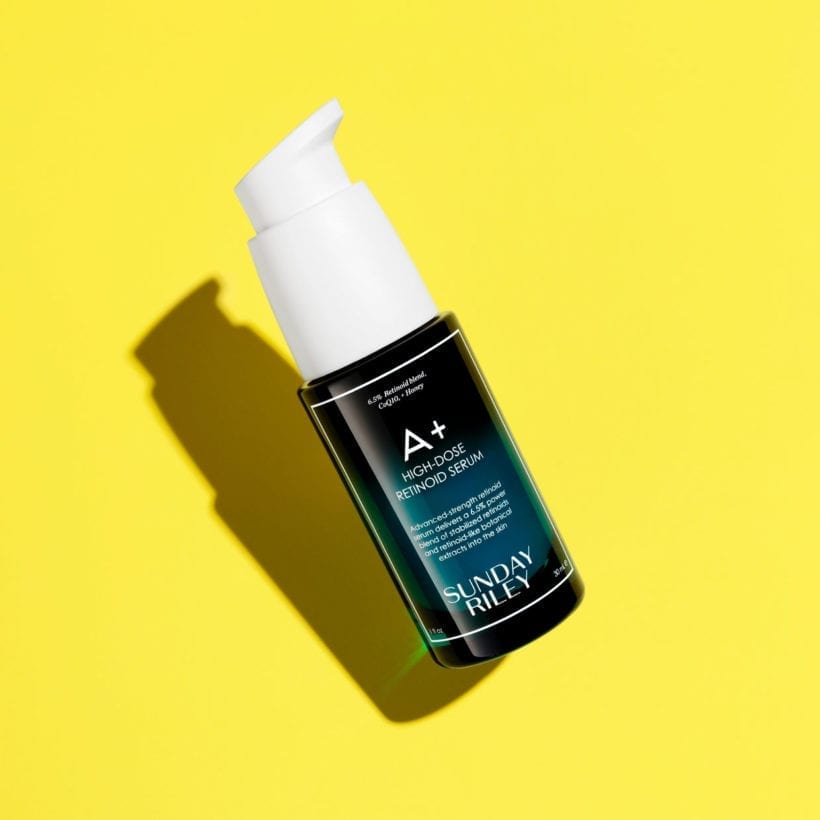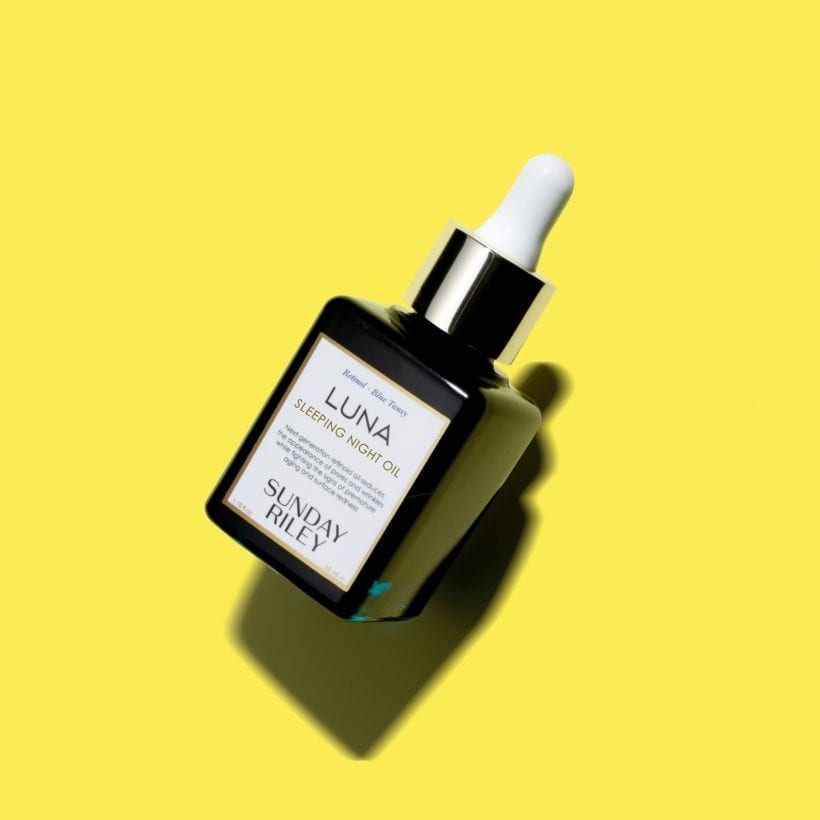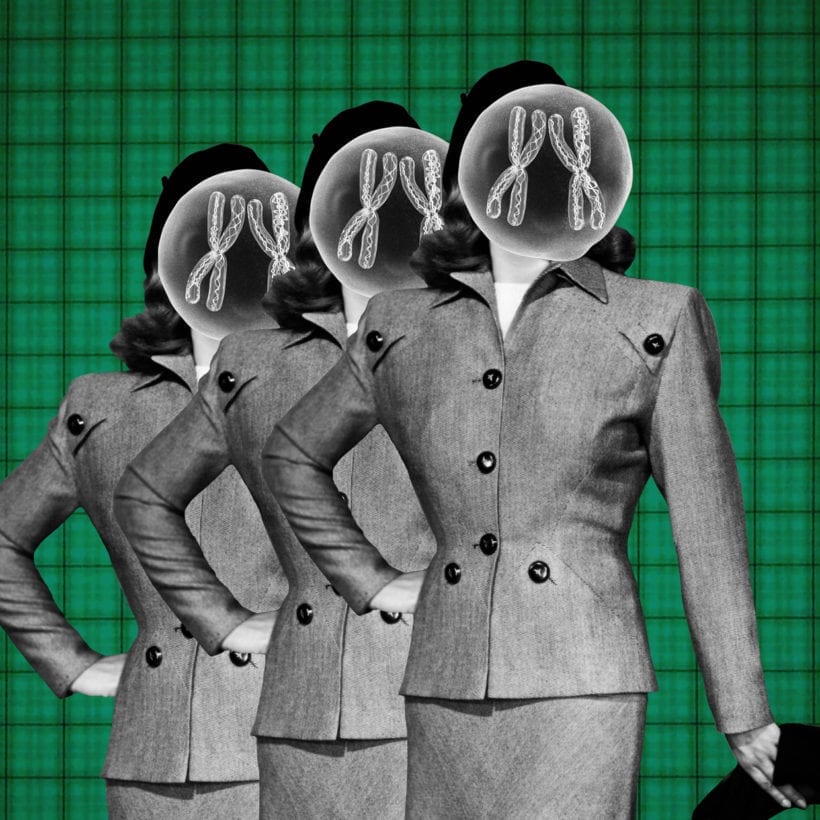If you’re entering menopause, chances are you may have noticed some skin changes due to the major hormonal shift your body is experiencing. Just know that these changes are nothing to worry about or feel ashamed of. Changes are completely normal as you age, and menopausal skin changes rarely signify poor health or hygiene. But as with anything, these skin changes might take some getting used to.
The good news is that the right skincare routine can improve menopausal skin side effects significantly. Just know that the key is consistency; your skincare routine has to be just that — a routine. So exactly what products should you be incorporating into your skincare routine when you enter menopause? Ahead, board-certified dermatologist and Surface Deep founder, Dr. Alicia Zalka breaks down that.
How does menopause affect your skin?
“The main negative effects menopause has on the skin is the loss of elasticity and the increase of skin dryness,” says Dr. Zalka. “These side effects are due to a diminishment in estrogen levels within the body.” When estrogen levels drop, the body produces collagen — the building blocks of our skin — much slower (we can lose up to 30 percent of our collagen Types 1 and 3 in the first five years after the menopause), which means your skin may appear a tad looser or less vibrant than it has in the past. It may also take longer than usual to rebound from skin injuries like inflamed breakouts or cuts. Along with the loss of collagen comes a reduction in hyaluronic acid, which affects the skin’s ability to produce and retain moisture.
Testosterone plays a skincare role, too, as it stimulates sebum (oil) production and can trigger acne (typically along the chin and jawline) or dryness as hormone levels change.
What types of skincare products should you start using when you enter menopause?
A thorough consultation with a board-certified dermatologist is always recommended so that you can receive a routine that’s specifically tailored to your concerns. But with that being said, there are a few general rules of thumb to follow when it comes to caring for your skin during menopause.
For starters, you should add a moisturizer to your regular routine if you haven’t already. While a good moisturizer has a place in any skincare routine, Dr. Zalka notes that using a high-performance formula is especially paramount during menopause, as the hormonal changes can cause excessive skin dryness (even if you’ve had oily skin for most of your life). She also notes that since the eye and neck tend to lose elasticity the fastest, it’s a good idea to use a dedicated eye and neck cream (preferably with retinol if your skin can tolerate it).
If skin firmness is your concern, Dr. Zalka recommends looking for products with peptides — strings of amino acids that build up proteins, a key building block of skin. “Since collagen becomes depleted during menopause — and also from years of ultraviolet exposure — using a product with stem cells or peptides can help improve elasticity,” she says.
And if severe dryness is your concern, look for a moisturizer that’s rich in ceramides. Vitamin C is also a key ingredient to consider here, as the right vitamin C serum can actually stimulate collagen production within the skin.
Conversely, as far as anything you should stop using during menopause, Dr. Zalka says most people tend to have less of a need for drying, astringent-based toners (use a firming and hydrating essence instead). And within that same vein, most menopausal people will benefit from using a balancing face wash in the morning that isn’t too foamy or stripping. There’s no need for intense formulas or scrubbing first thing in the morning — just use a gentle cleanser to remove any bacteria your skin may have come in contact with on your pillowcase.
The Takeaway
Menopause puts a lot on your body, so remember to be gracious with yourself. A few fine lines and a loss of elasticity are nothing to beat yourself up about — they’re completely normal, healthy parts of the aging process. But with that being said, the power of a good skincare routine is clinically proven (both to ward off age-related skin changes and treat existing signs of menopausal skin). Make sure you’re using a rich moisturizer morning and night to combat the dryness that is often associated with menopause. Retinoids, peptide-infused skincare products, and glycolic acid serums will also work wonders to improve elasticity and the appearance of fine lines and wrinkles.
We only recommend products we have independently researched, tested, and loved. If you purchase a product found through our links, Sunday Edit may earn an affiliate commission.

